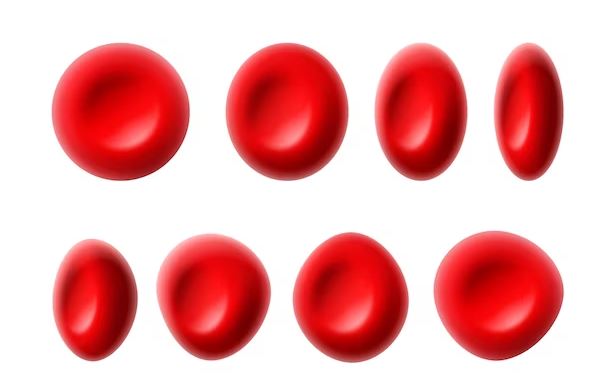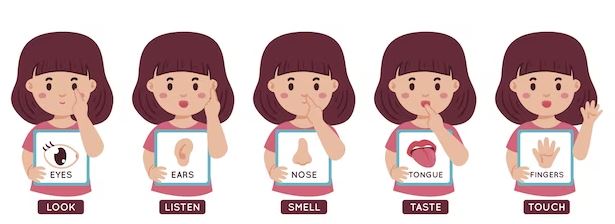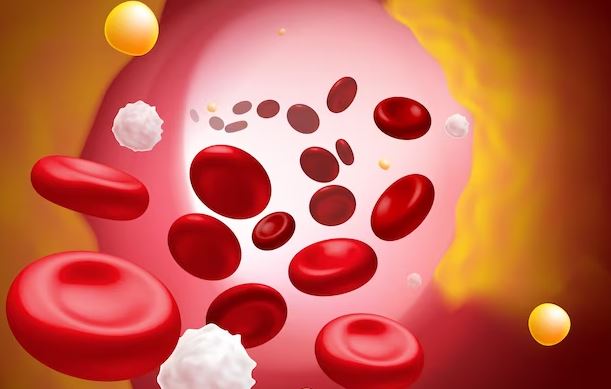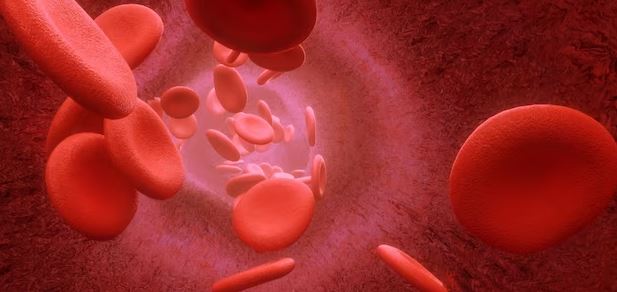You may have noticed some side effects if you’re among the millions who take blood thinners. One that’s particularly frustrating? Fatigue. It can be tough to keep up with your daily routine when you only want to hit snooze repeatedly. In this blog post, we’ll explore the connection between blood thinners and fatigue, focusing on Eliquis – one of the most commonly prescribed medications in its class. We’ll also share some tips for managing these pesky side effects so you can return to feeling like yourself ASAP! Let’s dive in. Do blood thinners make you tired?
Table of Contents
Types of Blood Thinners

Blood thinners, also known as anticoagulants, help prevent blood clots from forming. There are two main types of blood thinners: antiplatelets and anticoagulants.
Antiplatelets work by preventing the formation of blood clots by stopping platelets from sticking together. Examples of antiplatelet drugs include aspirin and clopidogrel (Plavix).
Anticoagulants, on the other hand, work to slow down your body’s clotting process. They do this by interfering with specific proteins in your blood that are involved in clotting. Some common examples of anticoagulant drugs include warfarin (Coumadin), dabigatran (Pradaxa), rivaroxaban (Xarelto), and apixaban (Eliquis).
Blood thinners can be prescribed for various conditions, including deep vein thrombosis, pulmonary embolism, stroke prevention in patients with atrial fibrillation, and more. It’s important to note that different blood thinners may have varying side effects and associated risks – so always follow your doctor’s instructions carefully!
However, some individuals may experience blood thinners side effects fatigue and weakness as a result of other factors related to their condition or the underlying reason for taking blood thinners. It’s essential to consult with a healthcare professional to determine the specific cause of fatigue and to assess whether it is related to the blood thinner medication or other factors.
Eliquis: What is It, and What Are Its Side Effects?

Eliquis is a prescription medication that belongs to the class of drugs known as anticoagulants. It’s used to prevent blood clots and reduce the risk of stroke in people with conditions such as atrial fibrillation, deep vein thrombosis, and pulmonary embolism. Does eliquis make you tired?
The active ingredient in Eliquis is apixaban, which inhibits specific clotting proteins in the blood. While it can be an effective treatment for preventing dangerous blood clots, it comes with its side effects, like all medications.
Some common side effects of Eliquis include easy bruising or bleeding, nausea, headache, dizziness, and abdominal pain. Sometimes, patients may experience more serious side effects, such as severe bleeding or allergic reactions.
You must report any unusual symptoms or adverse reactions you experience while taking Eliquis to your doctor immediately. They may need to adjust your dosage or switch you to another medication if these side effects become too severe.
While Eliquis can be an effective treatment option for many patients at risk of blood clots and stroke when used under careful medical supervision. However, potential side effects should be monitored closely.
Does Eliquis Make You Tired?

Eliquis is a type of blood thinner commonly prescribed to reduce the risk of stroke and blood clots in patients with atrial fibrillation. However, one common question many people have about Eliquis is whether it can tire you.
The short answer is yes, Eliquis can cause fatigue as a side effect. This may be due to several factors, such as changes in blood pressure levels, decreased oxygen flow throughout the body, and reduced energy levels caused by other medication side effects.
It’s important to note that not everyone who takes Eliquis will experience fatigue. However, if you feel tired while taking this medication, you must talk to your doctor immediately.
In some cases, adjusting the dosage or switching medications may help alleviate these symptoms. Your doctor may also recommend lifestyle changes such as increasing physical activity or improving sleep habits to help manage fatigue caused by Eliquis.
While Eliquis can cause blood thinners side effects fatigue for some individuals, there are various ways to manage these symptoms with medical guidance and lifestyle adjustments.
Other Common Side Effects of Blood Thinners

Blood thinners are medications used to treat and prevent blood clots. They reduce the blood’s ability to clot, which can help avoid severe medical conditions such as heart attacks, strokes, or deep vein thrombosis. While they can be highly effective in treating these conditions, several side effects are associated with their use.
One common side effect is bleeding. Blood thinners increase your risk of bleeding because they reduce your body’s natural ability to form clots. Symptoms of bleeding include excessive bruising, nosebleeds, and prolonged bleeding after minor injuries or surgeries. Do blood thinners make you tired?
Another common side effect is gastrointestinal issues such as stomach pain, discomfort, nausea, and vomiting. These symptoms may occur due to irritation caused by the medication on the digestive system.
Additionally, some people experience skin reactions like rashes or itching while taking blood thinners. This reaction usually occurs within a few days of starting treatment but generally subsides.
Headache is another potential side effect that some patients report experiencing when taking blood thinners regularly.
It’s important to note that do blood thinners make you tired. Will experience these side effects; however, it’s crucial for individuals with any concerning symptoms while taking this medication to discuss them immediately with their healthcare provider.
Ways to Manage Fatigue Caused By Blood Thinners

Fatigue is a common side effect of blood thinners, including Eliquis. Fortunately, there are several ways to manage fatigue and maintain your energy levels while taking these medications.
Firstly, it’s essential to get enough rest and sleep. Aim for at least 7-8 hours of sleep per night and establish a regular sleep routine. Avoid caffeine or other stimulants that may interfere with your ability to fall asleep.
Secondly, stay hydrated by drinking plenty of water throughout the day. Dehydration can cause fatigue and worsen the side effects of blood thinners.
Thirdly, try incorporating gentle exercise into your daily routine, such as walking or yoga, which can help boost your energy levels without putting too much strain on your body.
Fourthly, consider changing your diet by eating small meals more frequently throughout the day instead of large meals, which can cause drowsiness after digesting them all at once.
Talk to your doctor about possibly adjusting the dosage or switching medication if fatigue persists despite lifestyle modifications. Remember that managing fatigue is possible with simple lifestyle adjustments!
Tips For Reducing the Risk of Developing These Side Effects

If you’re taking blood thinners, it’s essential to know that there are certain things you can do to reduce the risk of developing side effects such as fatigue. Here are some tips on how to manage these issues:
- Keep a consistent sleep schedule: Try to go to bed and wake up simultaneously every day. This can help regulate your body’s internal clock and improve sleep quality.
- Stay hydrated: Drinking plenty of water throughout the day is essential for maintaining good health while taking blood thinners. It helps prevent dehydration, which can cause dizziness and fatigue.
- Exercise regularly: Regular physical activity has been shown to boost energy levels, improve circulation, and promote better sleep quality.
- Eat a healthy diet: Eating a balanced diet rich in vitamins and minerals can help keep your body functioning properly while taking blood thinners.
- Monitor your symptoms: If you experience any unusual side effects or symptoms while taking blood thinners, immediately talk with your healthcare professional.
By following these tips and staying informed about potential side effects of blood thinner medications like Eliquis, you can take control of your health and minimize the risk of developing fatigue or other related issues. Does eliquis make you tired?
Conclusion
Blood thinners like Eliquis can have side effects such as fatigue affecting your daily routine. However, it is essential to remember that the benefits of these medications outweigh their potential risks. If you are experiencing blood thinners side effects fatigue, or any other side effect while taking blood thinners, don’t hesitate to speak with your doctor about ways to manage them.
It’s also essential to follow the tips mentioned in this article to reduce the risk of developing these side effects and manage any symptoms. With proper management and care, you can continue living a healthy and fulfilling life while taking blood thinners.
Always consult your healthcare provider before making any changes or adjustments regarding medication use. Working with your doctor ensures you receive the best treatment plan tailored to your needs.








